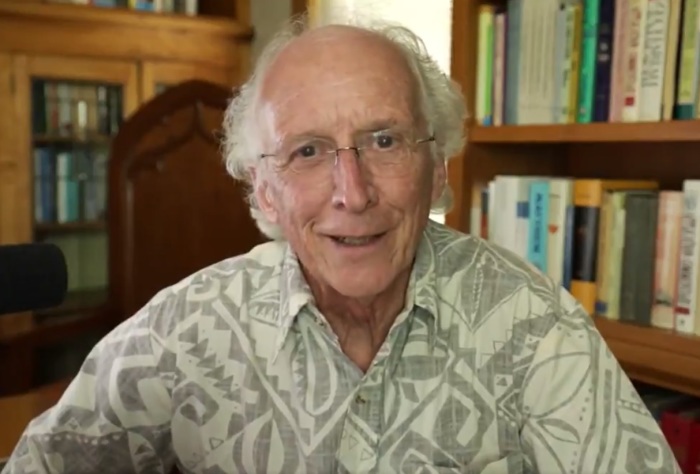How will ‘cold love’ emerge in the End Times? John Piper offers 4 observations

Notable theologian John Piper has offered four observations about the “cold love” that Jesus Christ said, according to the Gospel of Matthew, would grow strong in the End Times.
In an episode of the podcast “Ask Pastor John” that was posted on Desiring God’s website Monday, a listener named Alex had a question about a passage regarding the End Times.
“Hello, Pastor John! I have a question about what Jesus said in Matthew 24:12, where he said of the end times that ‘lawlessness will be increased’ and that ‘the love of many will grow cold.' What does Jesus mean when he says love will grow cold? Where will this be evidenced? What is ‘cold love’? And how can we prevent this in our own lives?” Alex asked.
Piper responded by describing four things he found important about the concept of cold love as mentioned in the Bible passage, beginning with the term being “the opposite of the warmth of familial affection.”
“For example, in Genesis 43:30, when Joseph was about to reveal his identity to his brothers, it says, ‘Joseph hurried out, for his compassion grew warm for his brother, and he sought a place to weep,” he said. “So cold love is the shell of love that has lost its inner familial warmth.”
Piper’s next observation was that cold love involves betraying one another, saying that “the effect of this coldness is that brother betrays brother.”
“That hate is the final outcome of hypocritical love — just the shell of love where the warmth has gone out, and ice has come in, and the upshot is no longer just hypocritical love but rather hate that betrays brother to brother,” continued Piper.
The third observation involved the theologian linking cold love to lawlessness, reasoning that “this upsurge of cold, hypocritical love that eventually betrays a brother is owing to the increase of lawlessness.”
“The root of this growing coldness of love in the church toward each other is a deep hostility to authority. That’s my interpretation of lawlessness: a deep hostility to authority, especially God’s authority,” he explained.
“So just when anti-authoritarian lawlessness inside and outside the church seems to be reaching its fevered peak in history, Jesus will step forward and return on the clouds, and there will be a great reversal.”
Finally, the fourth observation that Piper made about cold love was that it should be resisted, adding that “we must fight against arrogance and pride and self-sufficiency.”
“Lawlessness means we want to be our own law. We don’t want anybody — especially an infallible, omnipotent God — telling us what to do,” Piper added.
“We want to create our own meaning, create our own identity, create our own rules. And when this happens, we have cut ourselves off from Christ and from the Holy Spirit — and therefore from love.”
In August, Desiring God posted an announcement by Piper that he was working on a book about the Second Coming, with the theologian explaining that he wanted to create “a modest book that people would read and be helped by concerning the Second Coming of Jesus Christ.”
“What I’ll do,” said Piper, “is take my file which I have assembled over the last months of every text in the New Testament relating to the Second Coming and I’ll just prayerfully, thoughtfully begin to read through them.”
“Taking notes about whatever the Lord impresses on me as a dimension of this reality that needs explaining and application and celebration.”
Piper called the book “a team project,” as he had Desiring God personnel help him find past articles he had written about regarding the End Times, the rapture and related issues.





























